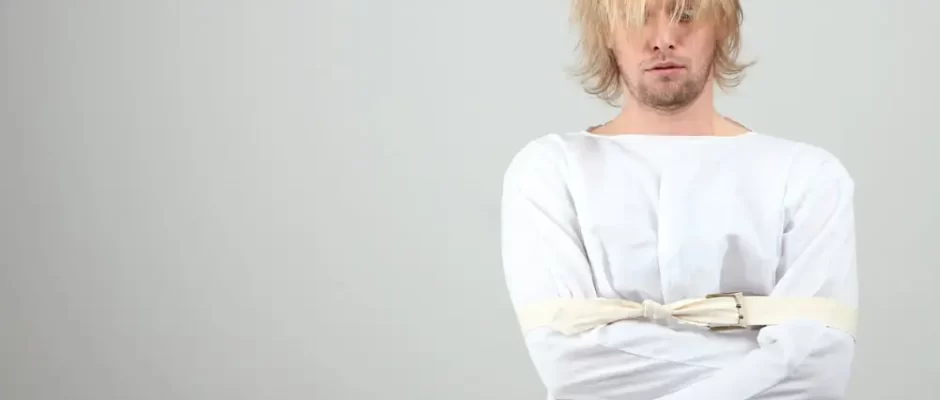California Law May Help Keep Mentally Ill Out of Jail

Several years ago in California, then Governor Jerry Brown signed a law that would allow judges to order community mental health treatment instead of prosecution for crimes committed by mentally ill individuals. While prosecutors and other critics of the law fear it could open a dangerous door when it comes to serious crime, it’s clear that something must be done about the increasing number of mentally ill prisoners on California.
Crisis in California
Over the previous three years, the number of mentally ill inmates in California jumped by 33%. Overcrowding of state hospitals and other treatment facilities led to many individuals who were declared incompetent to stand trial being placed in jail rather than receiving treatment. These individuals sit in jail indefinitely, not convicted of a crime but not able to leave because they have been charged with a crime. If they later become competent to stand trial, they may be convicted of a misdemeanor or a lesser felony and then released on the streets without being treated adequately due to prison overpopulation.
In a 2017 report, the Stanford Law School’s Justice Advocacy Project found that 30% of California’s prisoners were receiving treatment for a severe mental disorder such as schizophrenia, bipolar disorder, or psychotic disorder. The rising mentally ill prison population was a severe problem in California that needed to be addressed.
New Law
The law vastly increases the number of criminal suspects that can be diverted away from the criminal justice system and into mental health treatment. The law allows diversion for any suspect with a mental illness, including schizophrenia and bipolar disorder, even if they have committed serious or violent felonies. If a suspect can show that they have a mental disorder and that they do not pose an unreasonable risk to the public, they may be placed in the program. Criminal proceedings would be suspended, and the suspect would receive mental health treatment for up to two years. If a suspect successfully completes the diversion program and the judge believes that the offender is unlikely to commit another felony, the judge can dismiss the criminal charges.
Prosecutors across the state want to limit the program to individuals charged with misdemeanors and nonviolent felonies. They believe the law should be scaled back. But disability rights advocates and public defenders believe the law is necessary to combat the poor mental health treatment available in California jails and prisons. The law leaves it up to the discretion of individual judges whether they believe an individual should be placed in the program.
If you or a loved one has a mental disability and has been arrested or convicted of a crime, you need an experienced criminal defense attorney on your side. Elizabeth Kelley specializes in representing individuals with mental disabilities. To schedule a consultation call (509) 991-7058.


